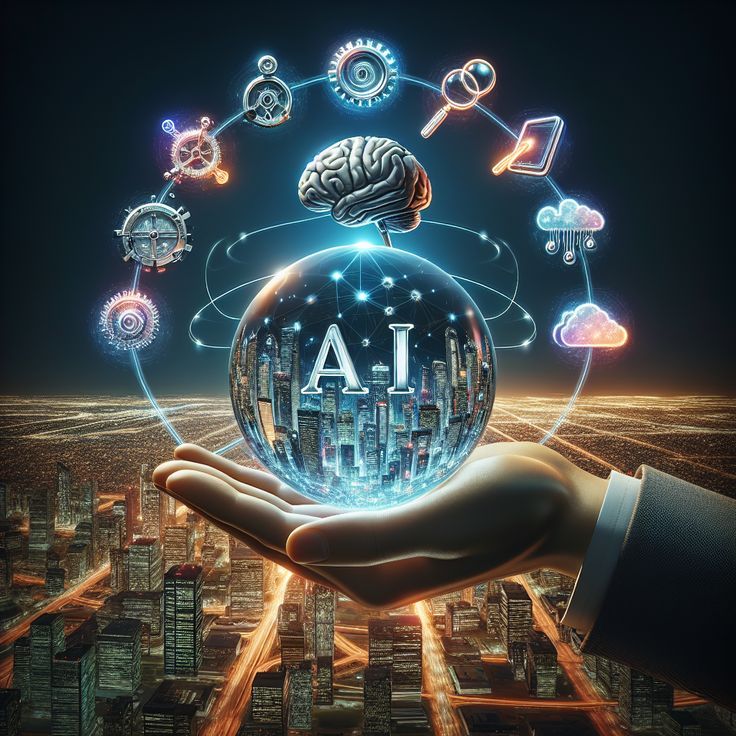AI-Powered Coding Assistants Evolve with Smarter Suggestions and Real-Time Debugging
The integration of artificial intelligence into the software development workflow is accelerating at an unprecedented pace. In 2025, tools like GitHub Copilot, Tabnine, and other AI-driven assistants are evolving beyond autocomplete helpers—now offering real-time debugging, context-aware code suggestions, and deep integration with popular frameworks like Next.js and Vue.
With this new wave of intelligent coding support, developers are experiencing up to 30% faster workflows, making AI assistants not just optional, but essential in modern development environments.
The Rise of AI Coding Assistants
AI-powered tools started gaining traction around 2021, with GitHub Copilot leading the charge. These assistants initially functioned like supercharged autocompletion tools, predicting code based on the current file and cursor position.
But by 2025, the landscape has transformed. AI assistants are now framework-aware, language-smart, and development-friendly, offering capabilities far beyond basic code suggestions.
What’s New in 2025: Key Features of Evolved AI Assistants
1. Real-Time Debugging Support
AI tools can now assist in diagnosing errors as you code, offering potential fixes for exceptions, undefined variables, or incorrect API usage. For example:
- Copilot now analyzes stack traces and suggests corrections within seconds.
- Tabnine integrates with browser-based logs for Next.js apps, highlighting client/server-side issues as you write.
This saves developers time usually spent searching Stack Overflow or scanning documentation.
2. Context-Aware Code Suggestions
Today’s AI assistants understand more than just syntax—they understand context, such as:
- The framework you’re using (e.g., Vue, React, or Next.js)
- The structure of your app
- Functions and variables declared across multiple files
This allows them to provide relevant and customized suggestions for complex tasks like setting up routes in Vue Router, creating API handlers in Next.js, or managing state in React apps.
3. Integration with Dev Environments
Modern AI assistants are no longer just for VS Code. They integrate with a wide range of tools, including:
- JetBrains IDEs
- Browser-based editors like StackBlitz and CodeSandbox
- Terminal environments via command-line helpers
They can also connect to Git repositories to understand project history and even generate commit messages based on the code changes.
4. Snippet Customization and Team Learning
Newer versions of these tools allow teams to:
- Train assistants on their own codebases
- Create private code models that reflect internal best practices
- Share useful prompts and completions across the team
This turns the assistant from a solo productivity booster into a collaborative knowledge-sharing tool.
Performance Gains: How Much Time Do They Save?
According to recent developer reports and productivity studies:
- Developers using AI assistants regularly experience a 25%–30% boost in productivity
- Boilerplate code (like API setup, component scaffolding, etc.) can be generated instantly
- New developers onboard faster by learning from AI-generated examples
These assistants reduce cognitive load and help developers stay in a flow state longer.
Popular Use Cases in 2025
| Use Case | AI Assistant Support |
| Creating components in React/Vue | Autogeneration with prop inference |
| Debugging TypeScript errors | Real-time suggestions and explanations |
| Writing tests with Jest | Test case generation from function logic |
| Building REST/GraphQL APIs | Auto-suggest endpoints and request formats |
| Working with Next.js app router | Context-aware routing setup and middleware help |
Whether you’re building SPAs, full-stack apps, or CLI tools, AI assistants are now adaptable to your stack.
Privacy & Ethical Considerations
As AI assistants get smarter, concerns about code privacy, intellectual property, and model bias are also growing. Most leading platforms now offer:
- Private mode, where code is not shared with external servers
- Enterprise models hosted on-premises
- Audit trails for all code suggestions
Developers and organizations should remain cautious and review generated code carefully, especially when handling sensitive logic or compliance-heavy projects.
What the Developer Community Is Saying
Feedback from the developer community has been overwhelmingly positive:
“Copilot helped me scaffold a full login system in minutes. It even handled NextAuth integration without me touching the docs.”
— Frontend developer, Reddit
“Tabnine understands our internal framework better than new hires do. It’s like having a team mentor 24/7.”
— Tech lead at a SaaS startup
This growing acceptance indicates that AI assistance is no longer a novelty—it’s becoming the norm.
Looking Ahead: What’s Next?
AI assistants are expected to gain even more features in the near future, such as:
- Voice-based coding
- Deeper terminal integration
- Natural language debugging (“Why doesn’t this work?”)
- Live collaboration with shared AI suggestions during pair programming
These advancements will further blur the line between coding and communicating, making programming more intuitive for newcomers and faster for experts.
Conclusion
AI-powered coding assistants like GitHub Copilot and Tabnine are reshaping how developers write, debug, and ship software. With real-time debugging, context-aware suggestions, and growing support for popular frameworks, they’ve moved from being autocomplete tools to becoming intelligent coding partners.


Anisha Kumari Anisha
Website: